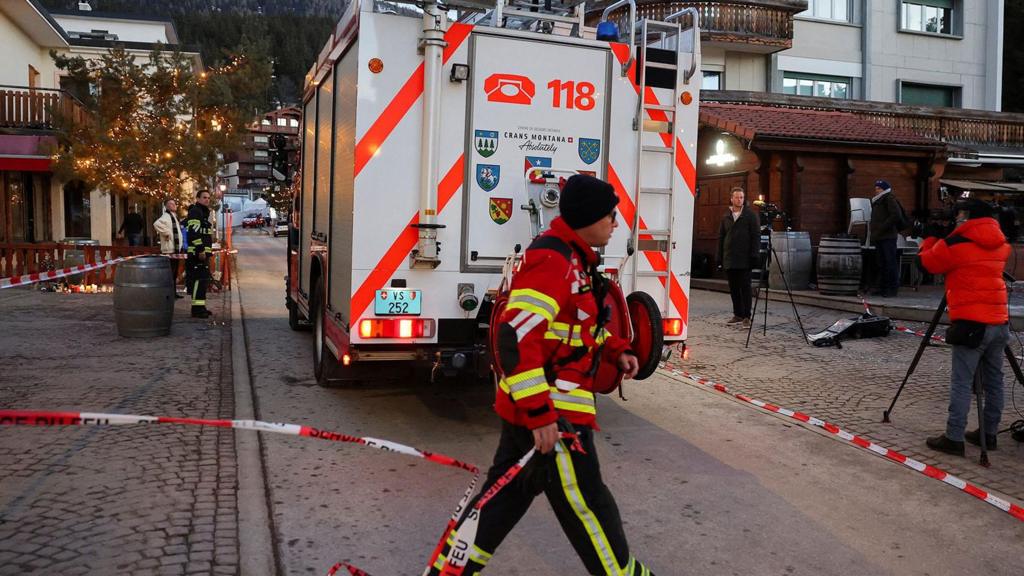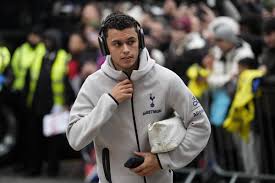News
Meta Introduces Monetization for Nigerian and Ghanaian Content Creators on Facebook

Social media giant Meta has announced that content creators from Nigeria and Ghana can now earn money on Facebook, starting Monday, July 1, 2024, with the introduction of two monetization features.
The features, In-Stream Ads on Facebook and Facebook Ads on Reels, will allow creators to earn money by producing original videos and engaging with their community. “Available from today, eligible Creators in Nigeria and Ghana will be able to earn money for their video and reels content, with support in over 30 languages globally,” Meta stated.
To use these features, creators must comply with Facebook’s Partner Monetisation Policies and Content Monetisation Policies, and be at least 18 years old. Additionally, for in-stream ads, creators must have a minimum of 5,000 followers.
In-stream Ads can appear before, during, or after on-demand videos, whether it’s pre-recorded content or a recording of a previous live stream. Types of In-stream Ads include Pre-roll Ads (before a video starts), Mid-roll Ads (during videos), Image Ads (beneath the content), and Post-roll Ads (at the end of videos).
Ads on Facebook Reels will integrate into original Reels, allowing creators to get paid based on the performance of their content while entertaining fans.
Moon Baz, Global Partnerships Lead for Africa, Middle East, and Turkey at Meta, commented, “Every day, we’re inspired by the incredible African creators who use Facebook to tell their stories, connect with others, and bring people together. This expansion will empower eligible creators in the vibrant creative industry across Nigeria and Ghana to earn money, while setting the bar high for creativity across the world and making Meta’s family of apps the one-stop-shop for all creators.”
News
Anthony Joshua’s driver charged over a tragic road accident

Anthony Joshua’s driver has been formally charged following a tragic road accident in Nigeria that resulted in the deaths of two members of the boxer’s team, as authorities move forward with legal proceedings.
Police confirmed that Adeniyi Mobolaji Kayode, 46, was arraigned on Friday at the Sagamu Magistrates’ Court in Ogun State in connection with the incident, which also left the former heavyweight champion injured.
The crash occurred on Monday along the busy Lagos-Ibadan expressway near Sagamu, when a Lexus SUV conveying Joshua and his entourage collided with a stationary truck. Joshua was travelling as a passenger in the vehicle at the time of the accident.
Sadly, Joshua’s long-time personal trainer, Latif Ayodele, and strength and conditioning coach, Sina Ghami, were both pronounced dead at the scene. The loss has been deeply felt within Joshua’s camp and the wider boxing community.
Joshua himself sustained injuries in the crash and was taken to hospital for treatment. He was discharged on Wednesday after receiving medical care and has since been recovering.
Prosecutors filed four charges against Mr Kayode, including causing death by dangerous driving, reckless and negligent driving, driving without due care and attention, and driving without a valid driver’s licence. The court granted the defendant bail in the sum of ₦5,000,000 (approximately £2,578), while he was remanded pending the fulfilment of his bail conditions.
The magistrate adjourned the case until 20 January, allowing the legal process to continue in an orderly manner as investigators and the court work to establish the full circumstances surrounding the accident.
Images from the scene showed Joshua being assisted from the damaged vehicle, underscoring the severity of the collision.
News
Trump Issues Strong Warning as Global Attention Focuses on Iran’s Unrest

US President Donald Trump has issued a firm warning to Iran’s leadership over its handling of ongoing protests, saying the United States would not stand by if peaceful demonstrators were violently targeted. His remarks have drawn sharp responses from senior Iranian officials, even as international concern grows over the situation on the ground.
In a brief message posted on his Truth Social platform, Trump cautioned Iran’s authorities against using lethal force on protesters. “We are locked and loaded and ready to go,” he wrote, without elaborating on what form any potential US response might take. The statement underscored Washington’s stated support for the rights of peaceful protesters and added to the mounting diplomatic pressure on Tehran.
The warning came amid reports that at least six people were killed on Thursday, as protests entered nearly a week of demonstrations across the country. The unrest has been driven largely by worsening economic conditions, including rising prices and broader frustrations over livelihoods. Despite the tensions, protests have continued to draw attention from the international community, with calls for restraint and dialogue increasing.
News
Teenagers Among the Missing as Swiss Bar Fire Tragedy Unfolds

Teenagers as young as 16 are among dozens of people still unaccounted for following a devastating fire at a bar in Switzerland, a tragedy that has shaken families across Europe while emergency services continue intensive rescue and identification efforts.
One of the most distressing aspects of the incident is the age of many of those affected. A large number of the dead and injured are teenagers and young adults who had gathered to celebrate New Year’s Eve at Le Constellation, a venue well known for attracting a youthful crowd. The bar was popular with tourists, seasonal ski workers and local residents, and with the legal drinking age set at 16, it had become a familiar meeting place for young people in the area.
More than 24 hours after the fire, uncertainty continues to weigh heavily on families. Parents from several countries are still searching desperately for their children, while survivors—many of them very young—have begun recounting the traumatic scenes they witnessed, experiences they say will remain with them for the rest of their lives.
Among those still missing are six Italian teenagers. The mother of one of them, Giovanni Tamburi from Genoa, has made an emotional public appeal on social media, asking for assistance in tracing her son. She says the last contact she had with Giovanni was a New Year’s message sent shortly after midnight. Since then, his phone has remained unanswered.
Giovanni had been at the bar with friends, several of whom managed to escape the blaze. Despite contacting hospitals across the region, his mother has so far been unable to find any information about his whereabouts, reflecting the agonising uncertainty faced by many families.
Swiss official Stéphane Ganzer has provided updates to French broadcaster RTL, seeking to clarify conflicting reports about the scale of the tragedy. Earlier statements attributed to the Italian foreign ministry had suggested that as many as 47 people may have died in the fire. Responding to these figures, Ganzer said he was “surprised,” noting that they did not align with the information available to Swiss authorities.
According to Ganzer, around 40 fatalities have been confirmed so far, while between 80 and 100 people are believed to be seriously injured and in urgent need of medical care. He stressed that the situation remains fluid, with emergency teams and medical staff working continuously as more information becomes available.
Ganzer also highlighted the critical condition of many burn victims, explaining that individuals suffering third-degree burns over 15% of their bodies face a significantly higher risk of septicaemia, which could increase the likelihood of further fatalities in the hours and days ahead.
-

 News23 hours ago
News23 hours agoTwo people confirmed dead in clashes between protesters and security forces in Iran
-

 News9 hours ago
News9 hours agoTeenagers Among the Missing as Swiss Bar Fire Tragedy Unfolds
-

 News8 hours ago
News8 hours agoTrump Issues Strong Warning as Global Attention Focuses on Iran’s Unrest
-

 Sports8 hours ago
Sports8 hours agoVenus Williams Makes Historic Australian Open Return at 45 After Receiving Wildcard
-

 News2 hours ago
News2 hours agoAnthony Joshua’s driver charged over a tragic road accident
-

 Sports1 hour ago
Sports1 hour agoJohnson Embraces New Chapter at Crystal Palace After Record £35m Switch







